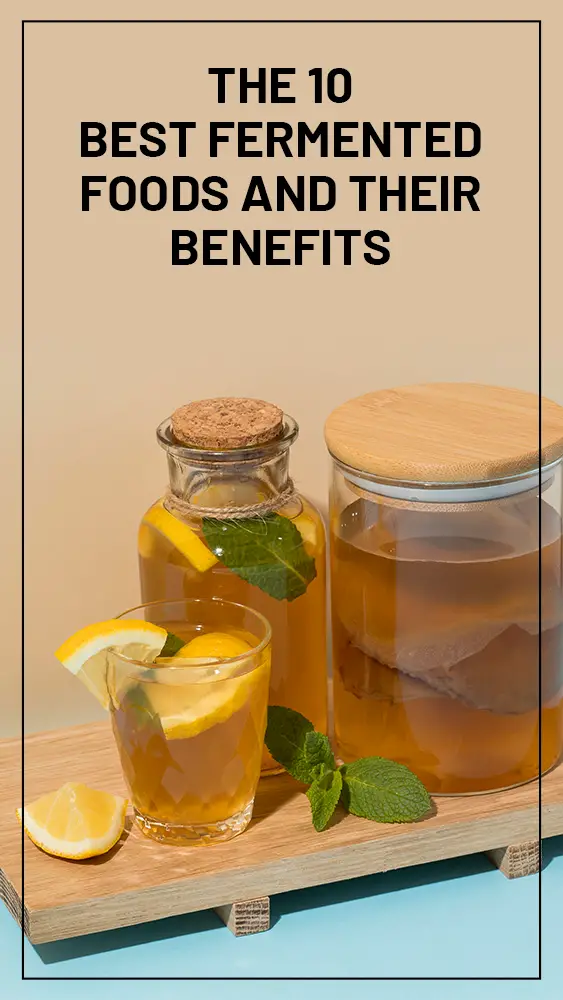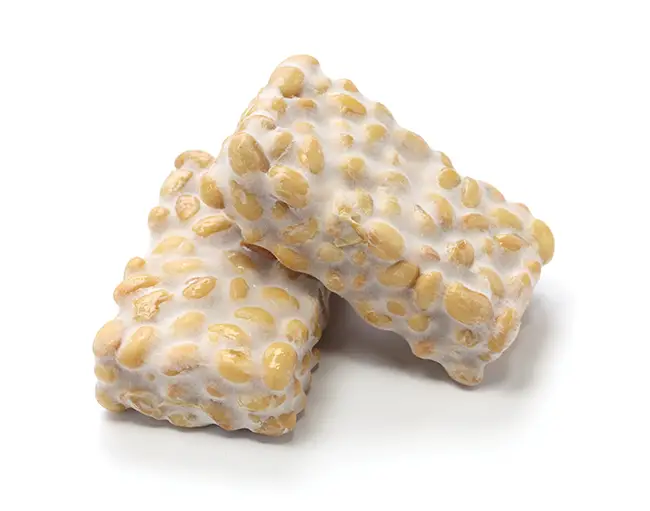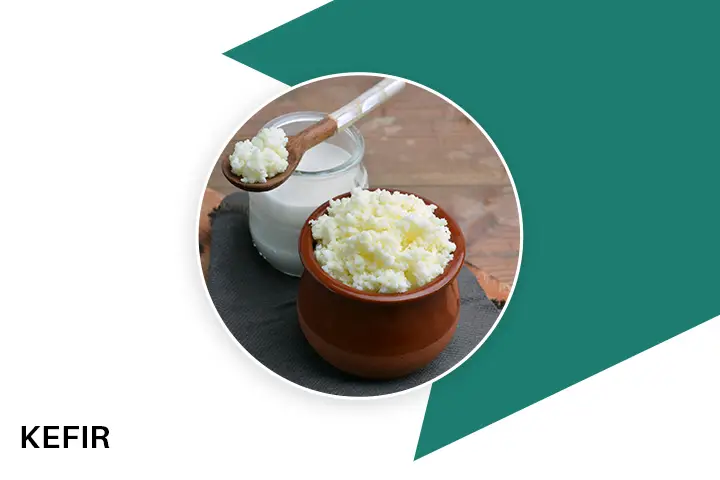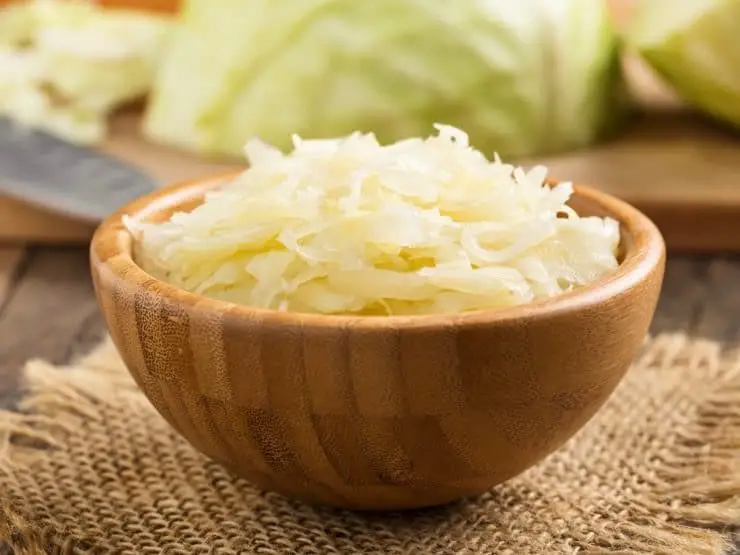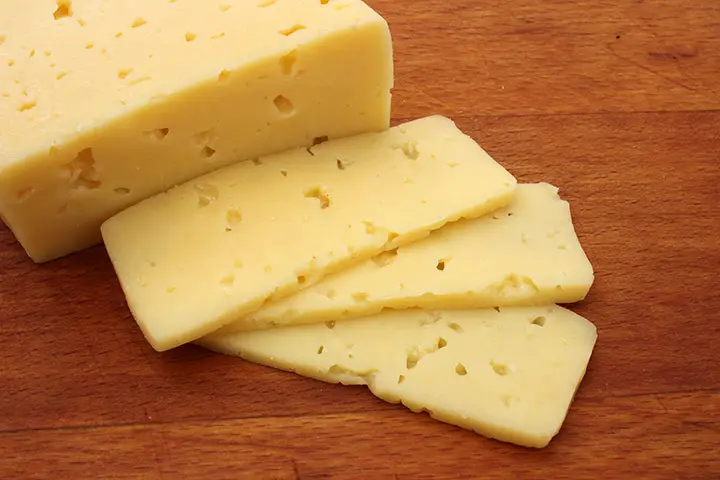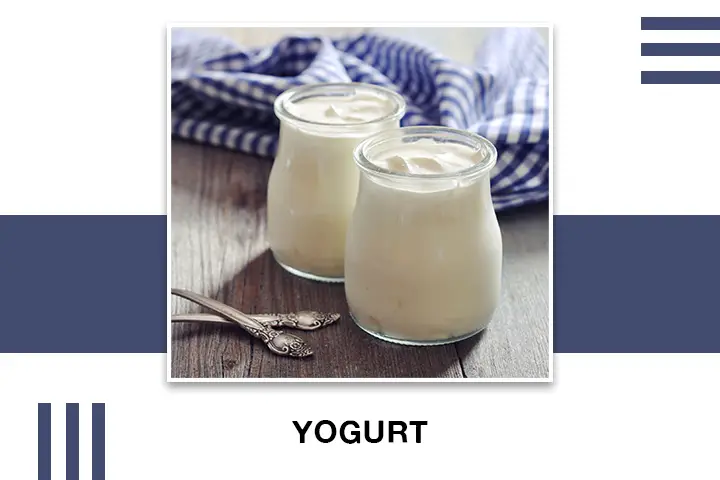
Important: This article is for informational purposes only. Please read our full disclaimer for more details.
There is a lot of research being done on fermented foods lately. Whether it is improving your digestive health or strengthening your bones, the probiotics in fermented foods seem to have the solution. Despite the influx of information, not many of us are aware of the several powerful fermented foods around us. And neither do most of us know how to use them for our greatest benefit. Which is why you are here – you will know the most common fermented foods around you. And you will also understand how to use them to your advantage and lead a better life.
What Are Fermented Foods?
A fermented food is a food that is left to steep until its sugars and carbs turn into bacteria-boosting agents. Simply put, this is food that lies between being fresh and going rotten. Fermentation is a fantastic way to preserve most foods. By the way, not all foods can be fermented. There are only certain foods that are preserved by the actions of microorganisms – and they are replete with benefits.
Benefits of Fermented Foods
- They Help with Weight Management: This is especially true in the case of fermented foods rich in fiber. Fiber promotes satiety and discourages overeating. Better variety of probiotics also enhances digestion, which also may have a role to play in healthy weight loss.
- Prevent Liver Disease: This is especially true in the case of non-alcoholic fatty liver disease, which is caused by the accumulation of fat in the liver. Studies show how the intake of probiotic yogurt can reduce bad cholesterol in the liver. This can help prevent or even combat NAFLD.
- Ease Digestive Issues: We already saw this. Fermentation breaks down nutrients into more digestible forms. Fermenting a food increases the digestibility of its nutrients. The nutrients are better absorbed as well, and this contributes to overall health. In other words, fermented foods increase the bioavailability of other nutrients. And yes, the probiotics in fermented foods complement the gut bacteria – enhancing digestive health like nothing else.
- Can Improve Arthritis Symptoms: Probiotics in fermented foods fight inflammation and may improve arthritis symptoms.
- Lowering Cancer Risk: Fermented foods boost immunity, which, in turn, can help combat cancer. Some studies show how probiotics can decrease the exposure of healthy cells to chemical carcinogens.
- May Improve Diabetes Symptoms: Some research shows that altering gut microbiota for the better can change how glucose absorption happens in the body – thereby improving diabetes symptoms.
- Reduce Symptoms Of Lactose Intolerance: The lactose in milk products causes lactose intolerance in some people as they cannot digest it. But, in fermented foods, the bacteria transform lactose into lactic acid. This makes the foods easier to digest, even for individuals suffering from lactose intolerance.
The 10 Best Fermented Foods
1. Tempeh
This traditional Indonesian food is also made of soybeans that are fermented and consumed as a vegetarian source of protein. The dish has a firm but chewy texture and a nutty taste. The fermentation process breaks down the phytic acid in tempeh, which improves digestion. The high amount of protein also keeps you full, thereby promoting satiety and resultant weight loss. The soy isoflavones in tempeh may even reduce bad cholesterol.
2. Pickles
Pickles could be fermented fruits or vegetables. The healthy bacteria break down the sugars in the food. Fruits and veggies are great sources of natural antioxidants – and these contribute to overall health and wellness. Even pickle juice has great benefits. It could help treat muscle cramps. It also keeps you hydrated. Some believe the juice may also help with weight loss, although there is no research to support this.
3. Kimchi
Kimchi, a spicy Korean dish, is made of cabbage as the main ingredient – and is seasoned with ginger, salt, garlic, and red pepper chili flakes. The beneficial bacteria in this dish boost digestive health and fight inflammation and infections. Kimchi is also an excellent source of vitamins A and C, which further boost immunity and enhance skin health. Kimchi may also offer protection against cancer and support weight loss and cholesterol reduction.
4. Kombucha
Kombucha is a fermented tea that has been used for thousands of years. It is thought to have originated in China or Japan. It is made by adding specific strains of sugar, yeast, and bacteria to green or black tea before leaving it to ferment for a week or more. This fermentation process produces acetic acid and other acidic compounds and, yes, probiotics as well.
These probiotics boost your gut health and fight inflammation and can even encourage weight loss. Kombucha is also a potent source of antioxidants, and some experts believe them to be better than those found in certain antioxidant supplements.
5. Kefir
Kefir is another fermented drink made of cow or goat milk. And it is often considered far more powerful than yogurt. It is made by adding kefir grains to milk – which are nothing but cultures of lactic acid bacteria and yeast that look like a cauliflower. Kefir contains about 30 strains of bacteria and yeast, making it far more potent than yogurt when it comes to probiotic benefits. It contains the probiotic Lactobacillus kefiri, which prevent the growth of harmful bacteria like salmonella, H.pylori, and E.coli. Kefir is also rich in calcium and vitamin K2, both of which are important to preserve bones.
6. Sauerkraut
Originating in China over 2,000 years ago, sauerkraut is a type of fermented cabbage. And as we saw, the probiotics in this food boost digestive health and keep gut ailments at bay. These probiotics also boost your immunity and keep you away from illness. Sauerkraut is also rich in fiber, which, apart from boosting regularity, also helps in weight loss.
7. Miso
This is a Japanese condiment consisting of a thick paste made out of soybeans that are fermented with salt and a rice starter (called koji). Miso contains the probiotic strain A. oryzae, which has been found to treat inflammatory bowel disease. The fermentation process also reduces the antinutrients in soybeans (antinutrients bind to nutrients in your gut and hamper their obstruction) – thereby improving your overall health. The antioxidants in miso (miso soup) may also fight free radicals and prevent the related diseases, including chronic inflammation and cancer.
8. Cheese
Not all cheeses are made alike. Ensure you check the food labels – look for live and active cultures. Some types of cheese that may contain probiotics include mozzarella, cheddar, and cottage. Cheese is also a good source of protein, calcium, and vitamin B12. Studies also show that moderate intake of cheese can cut the risk of heart disease and osteoporosis.
9. Yogurt
This is probably the most common probiotic food used across the world. Bacteria ferment the lactose in milk, increasing lactic acid and producing yogurt as a result. Studies show how the probiotics in yogurt help ease IBS, which is an agonizing condition of the colon. Yogurt also fights inflammation and strengthens your immune system. It is replete with protein and calcium – nutrients that promote optimal health as you age.
10. Natto
This is another traditional Japanese dish made of fermented soybeans. It has a slimy and sticky texture. And it contains strains of Bacillus subtilis bacteria that ferment the food. These probiotics protect your gut from infection by toxins and harmful bacteria. As a result, natto can combat stomach gas, bloating, constipation, and other serious digestive issues like IBS and ulcerative colitis.
Consuming fermented foods is one simple way of improving your health and lifestyle. They aren’t heavy on your pocket. They taste good. And they are incredibly nutritious. Hence, start including these foods in your diet today.
Recommended Topics:
- How To Get Rid of Open Pores Naturally at Home?
- 20 Stylish Cold Shoulder Blouse Designs for 2024
- Weight Loss Exercises – 15 Effective Exercises to Lose Weight Easily
- 5 Easy Facial Yoga Exercises to Reduce Wrinkles
- 10 Quick Exercises To Get Rid Of Your Double Chin
